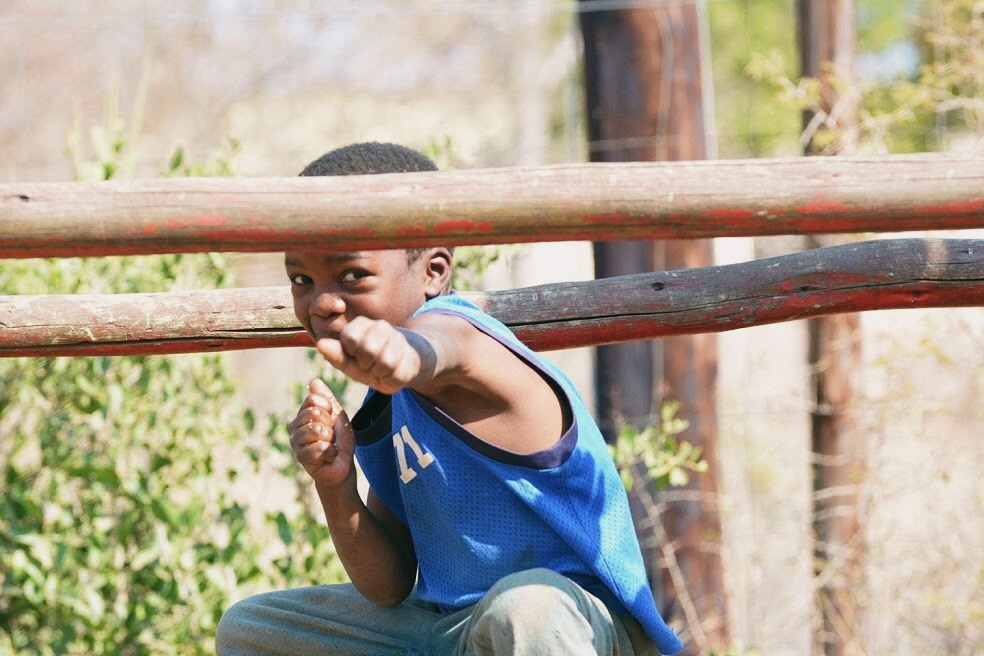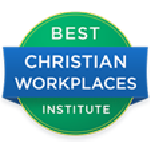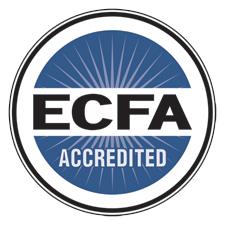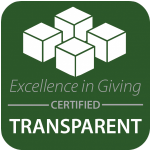Welcome to the 10th blog in our series, “The 12 Areas of Community Transformation.” Over the course of this year we are answering the question, “How is HopeChest different from other leading child sponsorship organizations?” Today’s blog is about the 10th of these 12 areas of primary community transformation.
Security + Justice
Societies need Security, Justice, and the Rule of Law. This sector is as important to society as a skeleton is to our body. We need a means of providing structure, safety and confidence for our communities.
Investing capital and human resources into a business always involves risk. Generally, however, businesses will not invest or prosper if they do not have confidence that their businesses and proprietary rights will be protected. Unsure and volatile economies or lack of rule of law can greatly limit the numbers of new businesses as well as the associated jobs created. This can exacerbate the effects of poverty and its impact on society.
On a human level, this sector is critical to provide guidelines for living. Individuals need to know that they have rights and that those rights are protected. Without Security, Justice, and the Rule of Law, people will suffer abuse at the hands of those who are more powerful.
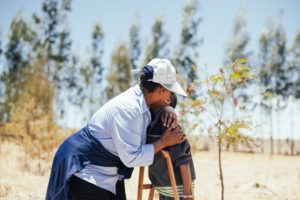
How Does HopeChest Fit In?
In each of the countries HopeChest partners with, our CarePoint staff advocate for vulnerable children by teaching them their rights and helping them navigate legal matters.
Russia
Orphanage graduates become the most vulnerable once they leave the orphanage. The social worker at HopeChest Ministry Centers meets with vulnerable youth to walk them through navigating legal, financial, educational, and housing processes. Some of the issues that social workers spend time assisting with are re-issuance of lost personal documents, applying for pension payments, assistance in apartment issues/registration, putting documents together for court, and issues of child benefits.
Moldova
In Moldova, our partner, Beginning of Life (BoL), has a lawyer who works pro bono and helps the organization to be in legal compliance on all levels. The legal assistance includes providing training for individual girls so that they can know their rights and helps BoL to know the legal guidelines for the projects that we try to implement in the context of CarePoints such as in the Early Learning Center and Urban Center.
With the societal upheaval that has occurred in Moldova in recent years, there are often family conflicts that need to be resolved. In 2017, over 42% of all legal issues were family-related and, in most cases, these are related to the children. This shows the crisis that exists within the institution of the family, and provides an opportunity for HopeChest’s partners in Moldova to offer legal aid.
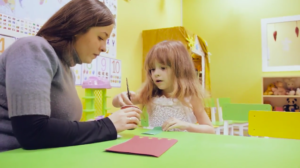
Guatemala
In Guatemala, orphaned and vulnerable children have, on occasion, been exposed to living conditions that threaten their health. In cases such as the fire that was set at a public orphanage in 2017, children lost their lives. Thus, it is critical that there are laws to which all must submit, to guide, protect, and offer security to those who may be living in conditions that make them vulnerable.
Occasionally, our Program Officers are called upon to testify to the living conditions and circumstances in which children live. In these instances, we work with the government and the families to help them to establish a safe environment for the children.
Uganda
CarePoint staff in Uganda visit the homes of the children at the CarePoints so they can spend time with the children’s families and teach the families about children’s rights. Many of the CarePoints in Uganda plan community training on child protection for parents and guardians. In some cases, CarePoint staff will advocate for girls who have been abused, helping the authorities to find the attacker and provide justice. Staff also attend trainings on child advocacy to expand their knowledge on child protection.
Eswatini (Formerly, Swaziland)
Child-headed households in Eswatini are vulnerable to losing the rights to their homesteads. Some people may wish to entice them off their property and seize the property for themselves. Our staff make efforts to help children who are the heads of their families to know their rights and safeguard the ownership of their homesteads. CarePoint staff are also trained on how to identify signs of abuse, find a safe place for the victim, and report abuse so a social worker can be involved and help to find justice for the victim.
How This Creates Sustainability
Children’s HopeChest helps to restore dignity to people, establish them within the laws of society and provide them with an identity that “sets their feet on solid rock.” Our in-country staff are familiar with legal processes and advocate for the vulnerable in their communities so the law works for them, not against them.
At La Terminal, a slum in Guatemala, a single mother of three young boys worked with coal to provide the basic needs for her children. Hard manual work with coal had worn her fingerprints off her finger tips. Without fingerprints she was unable to get a legal certificate from her home country of El Salvador, which meant that she was also unable to get legal certificates for her children. Without legal identification, her children were unable to be registered with a school. The Puerto de Esperanza CarePoint helped the mother obtain and get her legal papers in order. One of the CarePoint staff even traveled to El Salvador to advocate for the mother and her children. The mother was able to secure a legal certificate, ID card, and passport and now Puerto de Esperanza is working on helping the children with obtaining their proper identification as well. This legal help is changing the trajectory of their lives into a story of hope.
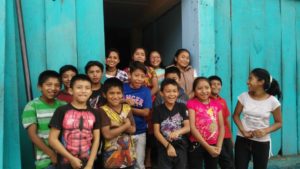
Instead of people losing their identities in the slums of La Terminal, by helping people regain their identity within the structure of the law, Puerto Esperanza is truly becoming for them a door of hope.
Stories of Hope
Children’s HopeChest advocates for orphaned and vulnerable children, so they can live up their highest potential. Whether HopeChest’s in-country staff are conducting trainings on child protection, helping a victim of abuse seek justice, or working within the law to help an individual succeed, lives are being transformed and redeemed into stories of hope.
______________________________________________________________
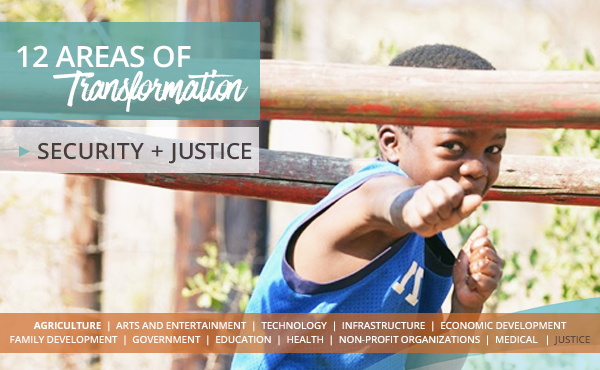
This blog is part of our educational series that answers the question, “How are you different from other leading child sponsorship organizations?” Over the course of the year we are going in depth about how your support impacts entire communities in 12 unique areas of transformation. If you don’t want to miss one of the blogs in our “The 12 Areas of Community Transformation” series, subscribe to our blog, HopeChest Insights, here!

